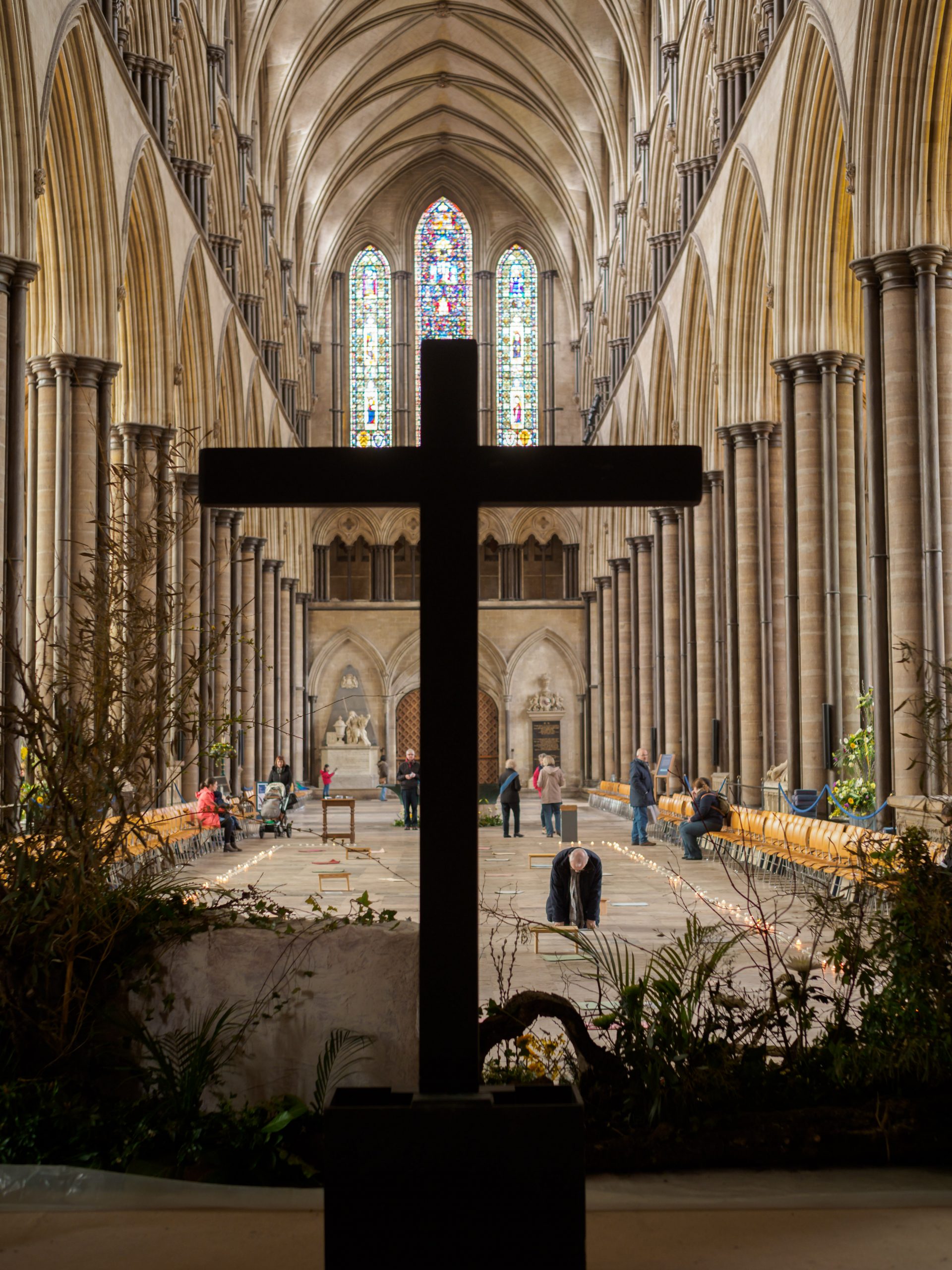Pentecost Sermon

All cultures have special times and seasons and ways of celebrating them. They may be times and seasons that arise out of the natural world, or they may be specific to a particular culture. If they arise out of the natural world, they are a common experience, yet they often receive a special designation and rituals to mark their occurrence that are culturally specific. It just so happens that at this time of year, several traditions and rituals are overlaid marking the seasonal transition and the arrival of spring.
In Pagan times in these isles, the 1st of May was known as Beltane which was one of four Gaelic seasonal festivals. Beltane marked the beginning of the pastoral summer season, when livestock were driven out to the summer pastures. Rituals were held to protect them from harm, both natural and supernatural, and involving the “symbolic use of fire”. There were also rituals to protect crops, dairy products, and people, and to encourage growth. Beltane was a “springtime festival of optimism”.
In Jewish tradition this time of year is known as Shavuot, or Feast of Weeks which is a celebration of the wheat harvest in the land of Israel. The date is linked to the Passover and occurs 50 days after the first day of the Passover Celebration, and is also known as Pentecost, which in Greek means fifty. Although it shares its name with the Christian Feast Day it is not the same.
As Christianity supplanted Pagan traditions in this country, the Church Celebrated Whitsun, incorporating Pagan Traditions of Beltane into Rogation Days and incorporating something of the Jewish Tradition, because of the link with the Passover and the events of Holy Week. ‘Whitsun’ is thought to derive from the Anglo-Saxon word ‘wit’, meaning ‘understanding’, commemorating the disciples being filled with the wisdom of the Holy Spirit. It was the first holiday of the summer, so Whitsun was one of the favourite times in the traditional calendar, and Whit Sunday, or the following week, was a time for celebration. This took the form of fêtes, fairs, pageants and parades, with Whitsun ales and Morris dancing in the south of England and Whit walks, Club Days and wakes in the north. The reason for this ‘cooks tour’ different traditions, in my mind at least, demonstrates how the church has harnessed elements of what was already in place and infused them with a different mean.
Today is Whitsunday, or as it is now known Pentecost. It occurs 50 days after the events of Holy Week, so there is a link with Jewish Tradition and if Easter occurs earlier, then there is a connection with the Spring rituals of Beltane. When the Spirit’s power was manifested in the Apostles, we tend to forget that it occurred weeks after the event recorded in John’s Gospel, when Jesus appears to his disciples on Easter Sunday, breathing on them and declaring that they were receiving the Holy Spirit. There was no manifestation of the Spirit then, the first fruits had to wait until later, until after Jesus had ascended.
Perhaps it took time for the Spirit to germinate and grow within the Apostles, as it takes time for all seeds to germinate and grow, or perhaps Jesus’ physical presence had to be removed in order to make room for and facilitate the out pour of the spirit, allowing it to infuse the created order, creating the restlessness within the human heart, that causes many to search for meaning found most profoundly in the Christian Faith, as Paul noted in Romans chapter 8:
“We know that the whole creation has been groaning …
and not only the creation, but we ourselves,
who have the first fruits of the Spirit.”
It is interesting that Paul’s mention of ‘first fruits’ seems to link with Shavuot, the celebration of the first fruits of the Wheat Harvest in Israel. On Pentecost or Whit Sunday the tendency is to see the arrival of the Holy Spirit as ‘job done’ – we cheer, we celebrate, and then comes a growing despondency as manifestations of the Spirit are somewhat limited, and not an everyday occurrence in most Christian’s lives. Perhaps we have made a mistake, wanting to celebrate the harvest, without putting in the work of preparation, sowing and waiting for growth. On the first Whit Sunday, the first Christian Pentecost, the Spirit gave the disciples the ability to communicate with others, in language they could understand, so the Holy Spirit is about communication, finding the right words and actions which giving testimony to our beliefs. Some of you might be familiar with the song ‘Colours of Day (Light up the Fire)’ and it is with the words chorus that I shall end my musings on the gift of the Holy Spirit.
So light up the fire and let the flame burn,
Open the door, let Jesus return.
Take seeds of His Spirit, let the fruit grow,
Tell the people of Jesus, let His love show.
Amen




